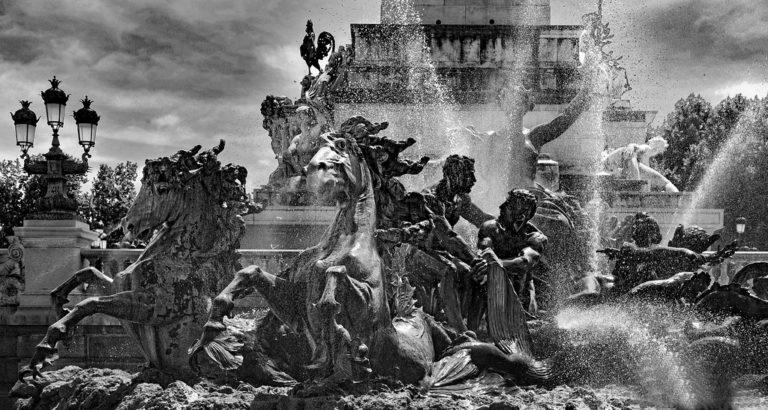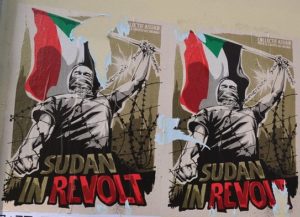Letter from La Vigie, dated 30 OCT 2024

Will the Netherlands stay?
As the final stage in our tour of France’s land borders, let’s take a look at the Netherlands, which France borders in the West Indies on the island of Saint Martin. Although this old European country is naturally turned towards the overseas territories – today the United Kingdom and the United States – it is nonetheless extremely pragmatic, which opens up interesting possibilities for cooperation for France, just as the Netherlands is multiplying international cooperation in the military field.
To read the article, click here
BRICS+ or the anti-West
The BRICS+ meeting in Kazan does not simply reveal a more or less isolated Russia. This meeting of the recalcitrant bears witness to a certain disenchantment with the West, not necessarily hostility. Finally, the building blocks of a de-dollarisation movement have been put in place.
To read the article, click here
Lorgnette: Forgotten Sudan
Since April 2023, the Rapid Support Forces (RSF), a paramilitary militia led by General Hemetti, have been fighting a civil war against General Abdel al-Buhran’s Sudanese Armed Forces (SAF). The RSF are backed by the United Arab Emirates, and Chad, while the SAF are now supported by Russia (which had once backed the RSF via Wagner), Egypt and Turkey, as well as Iran and Qatar.
While the RSF, heirs to the Janjaweed militias, had taken control of a large part of the country (west and south), in recent weeks the RSF (which holds the east, north and Port Sudan) has had some success, even though the capital Khartoum remains in rebel hands.
The human toll is catastrophic: 10 million people displaced and 150,000 civilians killed. In addition to the war (and numerous war crimes), famine and floods (a dam has burst, for example) are compounding the calamities and suffering.
These tragedies are not attracting the interest of international public opinion, which is currently focused on two subjects: the American elections and the war in the Middle East. Even Ukraine has lost its appeal. So it’s hardly surprising that Sudan has been forgotten.
JOVPN
Subscribers: click directly on the links to read online or download the pdf issue (here), always with your login/password. New readers: read the article by issue, by clicking on each article (€2.5), or subscribe (discovery subscription €17, annual subscription €70, orga. subscription €300 excl. tax): here, the different options.
Photo credit : https://photo-summit.brics-russia2024.ru/en/story/list_351209441/


